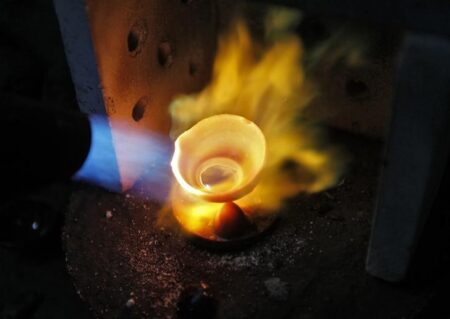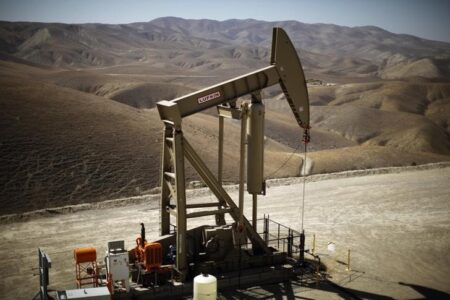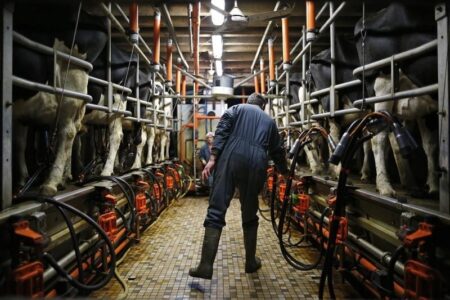By Maha El Dahan and Yousef Saba
DUBAI (Reuters) – Saudi Aramco (TADAWUL:) Chief Executive Amin Nasser said on Sunday the oil giant was looking at further opportunities to invest in China, where he said oil demand was robust and growing.
“So far we are in the early part of 2024, demand is healthy and growing in China,” Nasser said on a media call following the release of Aramco’s results that showed net profit falling to $121.3 billion from a record $161.1 billion in 2022 on lower oil prices.
“We see that in terms of their offtake from the different producers around the world,” he said.
Aramco has invested in Chinese refineries with crude supply deals attached and is in talks for more, with a focus on converting liquids into chemicals.
Nasser said the country’s refineries were some of the most fully integrated and had the highest conversion rates.
“We are currently looking at some opportunities for investment in China.”
Nasser sees the global oil market remaining healthy throughout 2024.
“We expect it to be fairly robust, we are looking at growth of about 1.5 million barrels,” Nasser said.
Nasser put demand for 2024 at 104 million barrels as opposed to an average of 102.4 million barrels in 2023.
Aramco aims to grow its gas production by 60% by 2030 from 2021 levels.
Aramco may partner with MidOcean Energy – in which it agreed last year to take a strategic minority stake – to invest in liquefied (LNG) projects in geographical areas besides Australia, Nasser said.
“We are partnering with MidOcean in Australia and we might partner with them in other enclaves depending on the opportunities,” he said.
Nasser also said Aramco was interested in investing in LNG opportunities in the U.S. but said he could not reveal further details.
“We are in discussion with a number of companies.”
Sources told Reuters last week Aramco is in talks to invest in phase 2 of Sempra Infrastructure’s Port Arthur LNG project in Texas, which represents a proposed expansion to the already producing first phase.
Discussions are also still ongoing for a tie-up with French carmaker Renault (EPA:) and China’s Geely for a 15% to 20% stake in their joint-venture for combustion and hybrid engines, Nasser said.
Read the full article here












